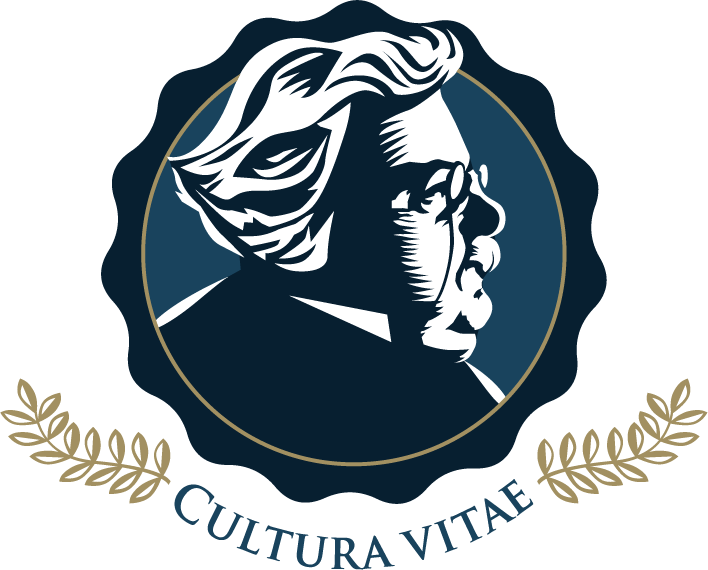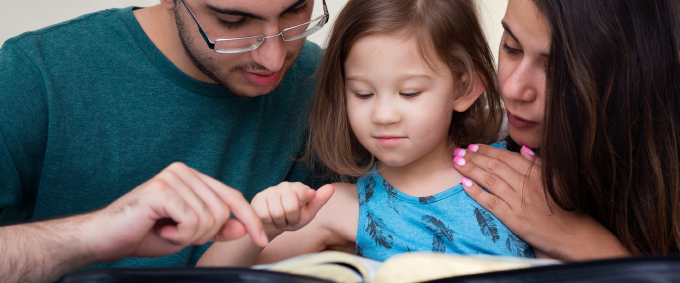Imitation is the Key to Teaching
“You become what you behold”
Imitation as a method of teaching was passed down by the Greeks and was highly respected among scholars and educators. Aristotle viewed imitation as a “part of human nature.,” and a natural process inherent in all learning. Teaching could be defined as the art of being imitated, because children are natural imitators. This is a humbling reality when you become a parent and when you work with children. The faculty and staff of the Chesterton Academy of St. Philip Neri, along with members of our learning community, are paying attention to this important aspect of the art of teaching. We must model what we want our students to become: life-long learners, lovers of wisdom, truth and beauty, devout Catholics.
We are actively cultivating our faith and intellectual habits in order to inspire students to imitate what they encounter in the classroom. One way we are doing this is through a staff colloquium that meets every month to expand our intellectual life and increase our thirst for knowledge. The Best Things in Life: A Contemporary Socrates Looks at Power, Pleasure, Truth & the Good Life by Peter Kreeft was our first book. We pray together and encourage each other in our faith walk. With our Speaker series and Enrichment classes, we are integrating faith, culture, great books and ideas, and also building a community of those who share the desire to become better models for the children we serve. Mass, Adoration, and Lectio Divina are also a central focus for our families and faculty.
As Father Joe Cisetti says, “We need to live lives of intentional faith.” This is not an easy way to live. It makes you counter-cultural in almost every way. Catholic classical education should be an aid and encouragement to this type of intentional living. Chesterton Academy is intentional – in curriculum choices for the classrooms, in the way we teach and in the formation of our teachers.
Have you ever observed a child imitating your tone of voice, mimicking your gestures or treating others in a manner that resembles your interactions with them? Our children will become like us whether we like it or not. Regardless of the teaching method or approach you use, the only way a child will become truly virtuous is if you, as his teacher, embody truth and become a living example. If we want our children to love what is beautiful and good, then we need to show them how to behold Christ, behold truth and beauty, and invite them into our lived life. What are you reading? How do you treat others? Where are you in your faith journey? What movies and TV shows are you consuming? How do you spend your time? Where and whom are you serving? Each of these decisions shows your children what you value most.
Education through imitation is an essential part of God’s design for growing in wisdom. We are created as images of God. Therefore, it is when we are imitating the true, good and beautiful that we are becoming what we should be, and that we are truly learning. Our faith calls us to be imitators of Jesus. The more we keep our gaze on Him and learn who He is, the stronger our example will be. We need to cultivate moral, physical and intellectual virtues in children.
What will that look like for you this coming year? In your home? In the classroom? About what are you being intentional?
“So be imitators of God, as beloved children, and live in love, as Christ loved us and handed himself over for us as a sacrifice offering to God for a fragrant aroma”
“No disciple is superior to the teacher; but when fully trained, every disciple
will be like his teacher. ”
“Your actions speak so loudly, I cannot hear what you are saying.”
Additional resources for further reading (Protestant author):
Desiring the Kingdom: Worship, Worldview and Cultural Formation by James K.A. Smith
https://www.goodreads.com/book/show/5944774-desiring-the-kingdom?from_search=true
You Are What You Love: The Spiritual Power of Habit by James K.A. Smith
https://www.goodreads.com/book/show/26568656-you-are-what-you-love

